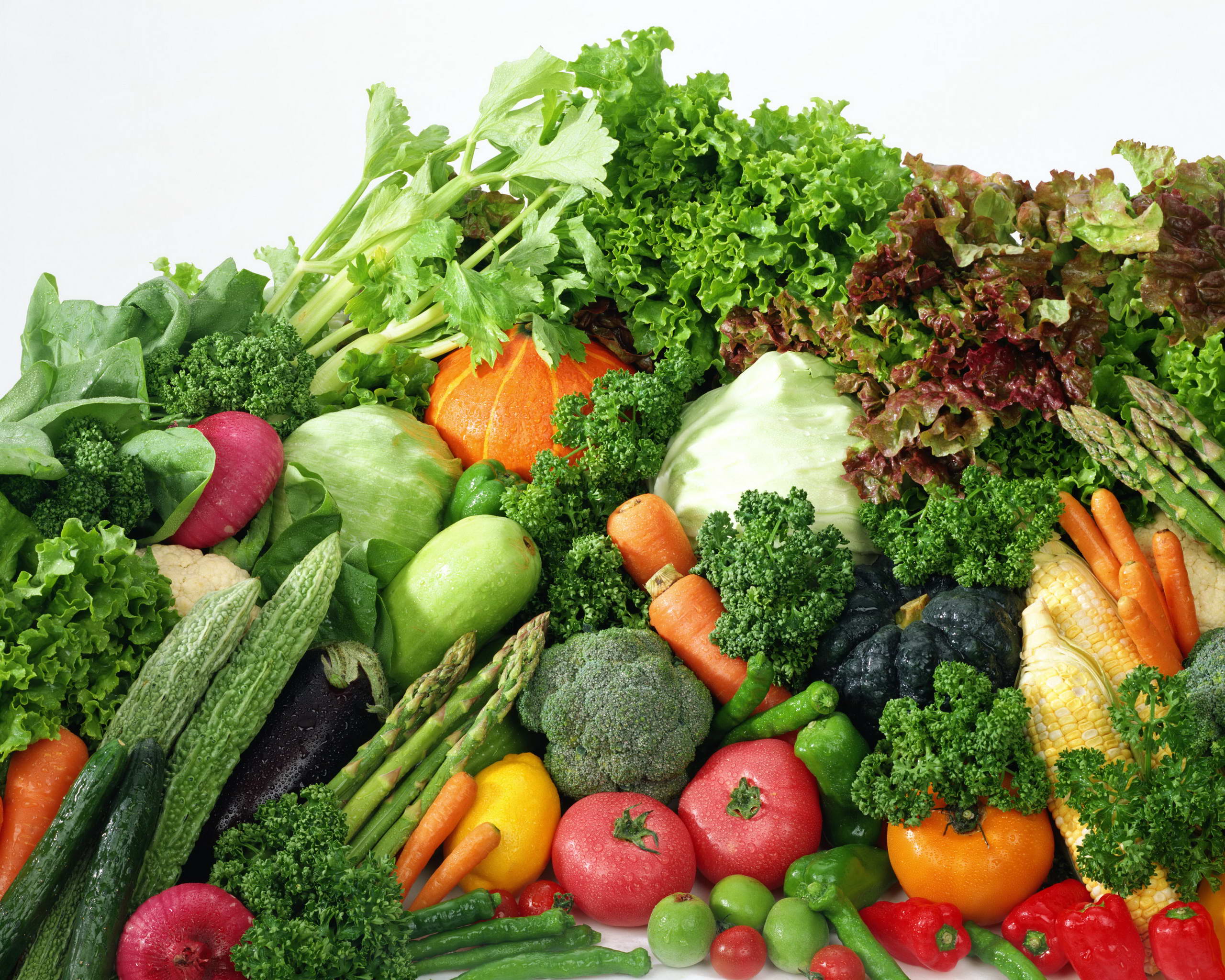Brain is the most important organ of the body after the Heart; and rightly said, it is the Powerhouse of the body. The brain is responsible for memory, movement, hunger, perception of hot/cold and many other physiological/chemical processes in the body. With exams round the corner, its time for your little ones to gear up for some learning and creative thinking. Right Nutrition plays a vital role in brain & memory development.
Remember, Food Is Medicinal & Supplemental (FIMS) and is loaded with the ability to work more efficiently than a brain tonic/ memory pill. Its time we use Brain-FIMS as a part of a child’ diet.
Memory, alertness, concentration, lethargy, sleepyheads are all results of a child’s eating habits. As said earlier, food can make or break an individual. Good food fuels the brain and keeps it active enough to function optimally through out the day. Wrong eating habits cause lowered brain activity that reflects in a child’s overall performance at school.
The brain goes through an additional stress during exams. Long study hours, grueling memorizing, erratic sleep hours and unhealthy eating habits add to physical and mental stress that leads to lower academic performances. Good nutrition is vital to keep the brain cells healthy, reduce stress related brain damage, prevent blackouts & in turn enhance academic performance.
Brain And The Nervous System Are Kept Healthy By Eating The Following Foods Regularly:
Walnuts:
Walnuts along with other nuts like almonds, peanuts, pecans and cashews; are a power house of energy, omega 3, magnesium, manganese and copper that help in maintaining brain function & nerve function to the optimum level. A regular dose of nuts in your child’s diet ensures his improved attention span and quick learning abilities. 
Milk:
Milk and milk products like yoghurt, cheese and cream are rich in calcium, magnesium and phosphorus that enhance the nervous activity, thus promoting efficient memory, creative thinking and increased attention span. Milk combined with honey also stimulates the production of a ‘brain relaxer’ chemical called ‘serotonin’ that calms the nerves and controls irritable, over-active children.
Turmeric:
Commonly used in the Indian curry preparation, Turmeric (haldi) is a source of a phytochemical called ‘curcumin’ that is proved to prevent Alzheimer’s and enhance memory. Curcumin prevents free radical damage, stops degeneration of the brain cells and helps heal worn out brain cells. Other spices having similar effects are cinnamon, cumin and cardamom. 
Greens:
Green leafy vegetables like spinach, Methi, onion leaves, kale, wheatgrass; and other greens like broccoli, bitter gourd, ridge gourd and sources of natural chlorophyll, potassium, and calcium. The body to form haemoglobin in the blood directly uses chlorophyll. Haemoglobin carries oxygen to the brain, thus, ensuring that the brain is alert and active at all times. 
Seafood:
Seafood especially salmon, tuna and crab provide a rich supply of omega 3 and omega 6 fatty acids along with good quality protein. These in turn provide DHA that is a chemical essential for brain development in young children. 
Banana & Natural Sugars:
Banana and other fruits like jackfruit and custard apple provide ample amounts of potassium, selenium, copper and calcium that are food for the nerves. Since the brain comprises of more than 30,000 nerves, it is essential to maintain nervous health for a healthy brain. In addition, other fruits & dried fruit are a source of natural sugar that fuels the brain and keep it active throughout the day.
Hydration:
Children often tend to neglect fluids while studying due to the sedentary nature of the job. Hydration is one of the most essential lifestyle corrections during stress. Drinking enough fluids like water, juices, chaas, lemonade etc. helps flush out toxins, reduce body heat and keep the body refreshed.
Avoid
It is important to avoid the baddies as much as it is to eat the goodies. Artificial sweeteners, white sugar and other commercially used sweeteners directly impact the development of brain and nervous system. Overdose of candies, chocolates, desserts, sweets, sugary cereals, aerated beverages, packaged juices, sherbets are shown to cause loss of memory, lethargy, irritability in children. In addition to these, heavy-fatty meals should be avoided as the cause lethargy. Prefer fish over poultry or meat.
Meal Choices
- Banana walnut smoothie once a day
- Almond honey milk at bedtime
- methi or palak paratha for lunch
- Fruit + nut snack during study session
- Pulse based dips like hummus/ bean dip as a snack
- Fatty fish with steamed rice for dinner
Banana Walnut Smoothie:
This is a perfect ‘Memory smoothie’ that can be included for breakfast to kick-start the day. Blenderise 1 ripe banana, 2 walnut halves, 200 ml milk, ¼ tsp cinnamon powder. Add a dash of honey if required. Serve immediately or chill for later use. 
To summarize, 1-2 servings of brain foods in the day ensures a healthy brain & memory development for your little one.
Make Healthy Eating Fun!!
Image source: themindmodel.co.uk























